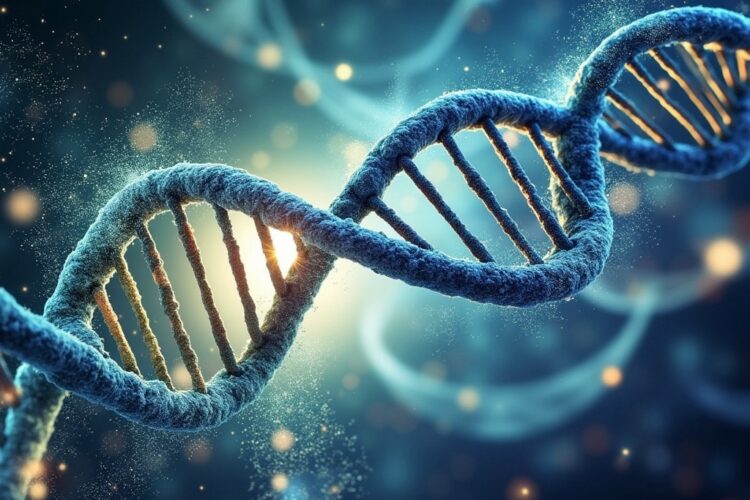The “God gene” hypothesis by Dean Hamer suggests human spirituality is partly hereditary, linked to the VMAT2 gene, which affects monoamine levels in the brain, potentially providing an evolutionary advantage through optimism. Critics argue spirituality’s complexity beyond genetics, involving cultural and personal factors.
Long Version
The “God gene” hypothesis, introduced by geneticist Dean Hamer in his 2004 book, posits that human spirituality is influenced by heredity, specifically pointing to the gene known as vesicular monoamine transporter 2 (VMAT2). This gene encodes a protein that packages neurotransmitters like dopamine and serotonin into vesicles for release into the synapse, potentially influencing experiences described as spiritual or mystical. Here’s an in-depth look:
- Genetic Basis: VMAT2’s role in this hypothesis stems from its function in regulating monoamine levels in the brain, which are critical for mood and consciousness. Hamer’s research suggested that variations in this gene could correlate with one’s self-transcendence, a personality trait measuring how individuals view themselves in relation to the universe and their openness to spiritual experiences.
- Quantification of Spirituality: The self-transcendence scale developed by psychologist Robert Cloninger is used to quantify spirituality. This scale includes three components: self-forgetfulness, transpersonal identification, and mysticism. These metrics attempt to capture the essence of spiritual experiences numerically, allowing for scientific study.
- Evolutionary Perspective: Hamer argued that this genetic predisposition towards spirituality might offer an evolutionary advantage. The idea is that spirituality provides a sense of optimism and connection, potentially leading to better health outcomes, resilience against stress, and thus, an increased likelihood of survival and reproduction.
- Criticism and Debate: The hypothesis has met with skepticism and debate. Critics argue that spirituality and religion are far too complex, influenced by an array of social, cultural, and personal factors, not just genetics. Walter Houston, among others, emphasized that religious belief involves society, tradition, and individual character, suggesting a reduction to a single gene oversimplifies human experience.
- Research and Education: Despite controversy, the concept has spurred interest in genetics and psychology classrooms, where students explore their own VMAT2 variations as part of understanding genetics’ role in behavior and belief. This educational approach not only engages students in the science but also in philosophical debates about nature versus nurture in spiritual beliefs.
- Broader Implications: If there’s any validity to the God gene hypothesis, it poses intriguing questions about the nature of belief, the biological basis of faith, and how genetic predispositions interact with cultural and environmental influences to shape human behavior. However, it also raises ethical questions about genetic determinism and the potential for misinterpretation or misuse of such information in societal or personal contexts.
The conversation around the God gene, therefore, extends beyond simple genetic determinism into how we understand consciousness, spirituality, and the human quest for meaning, illustrating the complex interplay between our biological makeup and our philosophical inclinations. While the VMAT2 gene might play a role, the consensus leans towards a multifaceted interaction of genes, environment, and personal experience in shaping one’s spiritual landscape.






